
Radar | Sep 18,2022
Aug 10 , 2019
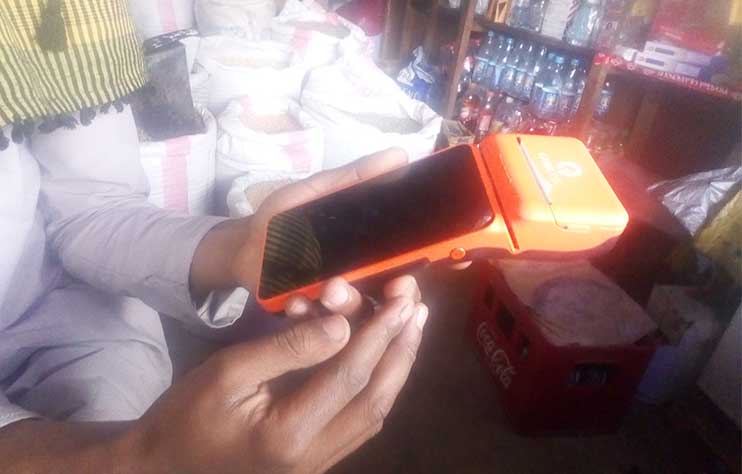 Any retailer that wants to distribute the cards through the Bluetooth printer has to go to one of the seven companies and deposit a returnable 3,000 Br.
Any retailer that wants to distribute the cards through the Bluetooth printer has to go to one of the seven companies and deposit a returnable 3,000 Br. Ethio telecom, the state monopoly telecom service provider, has launched an electronic voucher card system for prepaid mobile air time.
The e-vouchers, which are printed by a digital voucher printing machine or Bluetooth printers connected with a smartphone, is expected to be fully operational next week.
Ethio telecom, which typically spends 300 million dollars annually to print scratch cards abroad, has been piloting the system for the past five months with 550 retailers. To commence the service, Ethio telecom has partnered with seven companies.
Before selecting the seven companies, the telecom provider invited technology firms with the capacity to import the required machine and build an application that supports the system last September. Digital voucher printing machines or Bluetooth printers cost approximately 170 dollars and 20 dollars, respectively.
Seventeen companies responded to the call, but ethio telecom signed the agreement with seven of them that already developed the system.
Cardless Payment Transaction Services, Teleport Regent ICT, Smart Digital Technology, DU ICT Consultancy, 251 Ideas, E-Birr Trading Plc, and Websprix are the seven companies that have already begun the service. These companies buy the airtime from Ethio telecom at a 14pc discount. This means 100 Br of airtime is purchased from Ethio telecom for 86 Br and sold to retailers for 89 Br.
Any retailer that wants to distribute the cards, will go to these seven companies and deposit a returnable 3,000 Br to get the Bluetooth printer.
Ethio telecom started the e-voucher system with the main aim of minimising the usage of scratch cards, according to Cherer Aklilu, executive director of Ethio telecom, which has 43.6 million customers, 41.9 million of which are mobile phone users, 22.3 million data users, and 1.9 million internet and fixed-line users.
The company has been spending 15 million dollars monthly to import scratch cards printed in Kenya, India, China, and Dubai.
"We aim for 80pc of the pre-paid top-up to be made through the e-electronic system," Cherer told Fortune.
The introduction of the e-voucher is not the first one for Ethio telecom, which kicked off a digitalisation strategy aiming to provide a card less top-up method, according to Mohammed Haji, chief sales officer of Ethio telecom.
Yimulu Electronic's top-up system, which was implemented in November 2017, helped Ethio telecom to save two billion Birr between November 2017 and June 2018.
"Beyond saving forex, the electronic system will have a positive environmental impact, since used scratch cards litter the roads of many cities," said Mohammed.
The seven companies are responsible for importing the printers.
WebSprix, which imported 350 printers from China so far, has piloted the system for three months and has now registered 120 retailers.
"We're planning to manufacture the Bluetooth printers here in Ethiopia," said Abraham Minwyelet, vice president in charge of operations and business development of WebSprix.
Yihenew Wondie (PhD.), assistant professor at Addis Abeba University who used to work with Ethio telecom, recommends the company enable the diaspora community to use the system to buy airtime for family members.
"It will generate foreign exchange for the company and the country as well," he said.
Over the past year, Ethio telecom has been introducing new changes, including tariff discounts on local mobile calls, texts, mobile data services and broadband internet service.
Since the tariff amendment, data traffic and voice usage have increased by 130pc and 19pc, respectively, according to the corporation's financial report.
During the just-ended fiscal year, Ethio telecom earned 36.3 billion Br in revenue, about 85pc of its target. It also earned a gross profit of 24.5 billion Br, a 5.6pc rise from the preceding year.
In the reported period, the company has serviced 362 million dollars of debt for the first time in three years. It also paid 16.2 billion Br in taxes and seven billion Br in dividends.
PUBLISHED ON
Aug 10,2019 [ VOL
20 , NO
1006]

Radar | Sep 18,2022

Radar | Dec 29,2018

Fortune News | Oct 18,2025
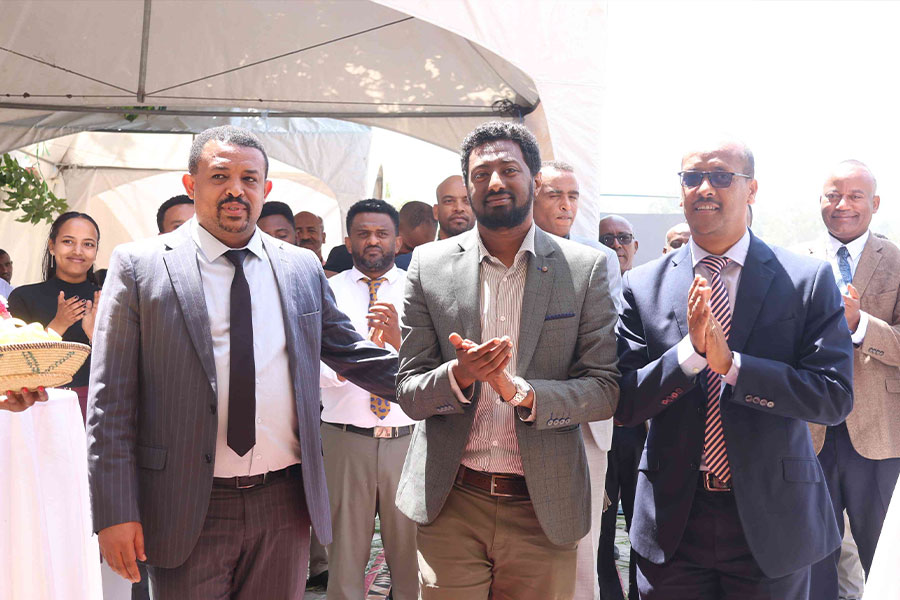
Radar | Jun 15,2025
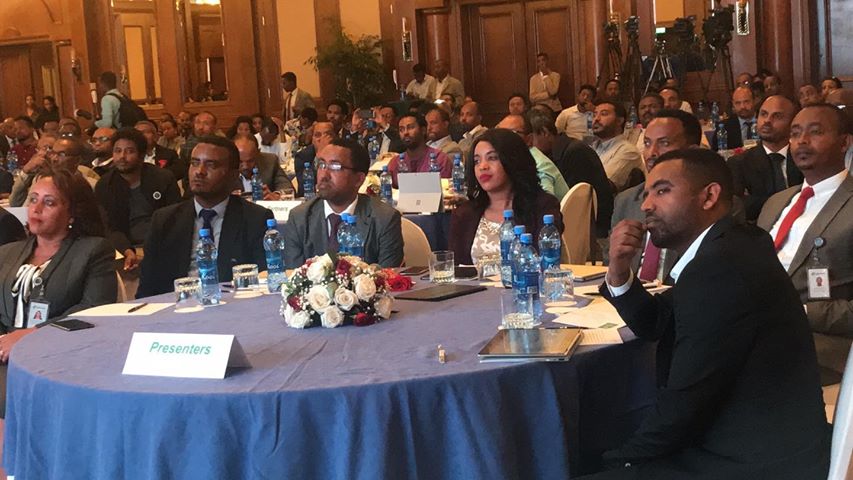
Fortune News | Feb 27,2020
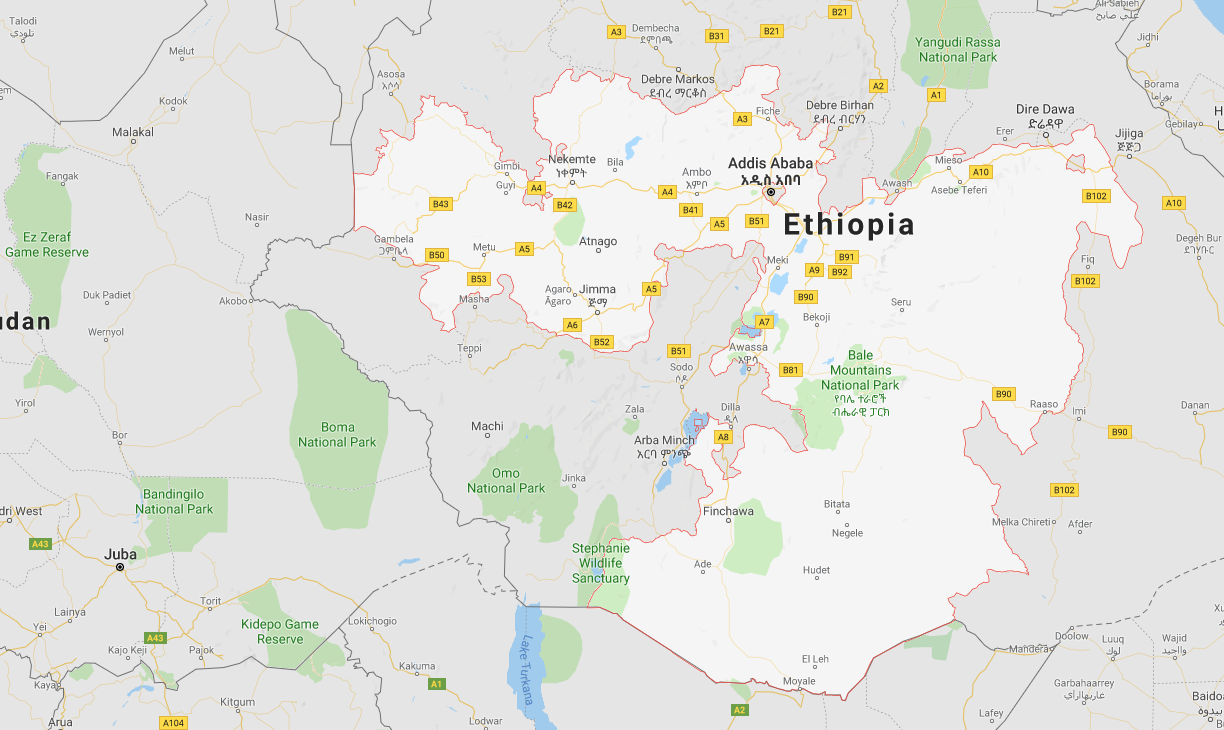
Fortune News | Sep 28,2019
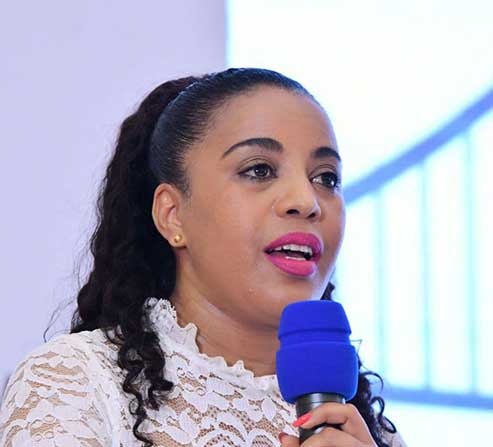
Fortune News | Feb 20,2021

Commentaries | Oct 16,2024
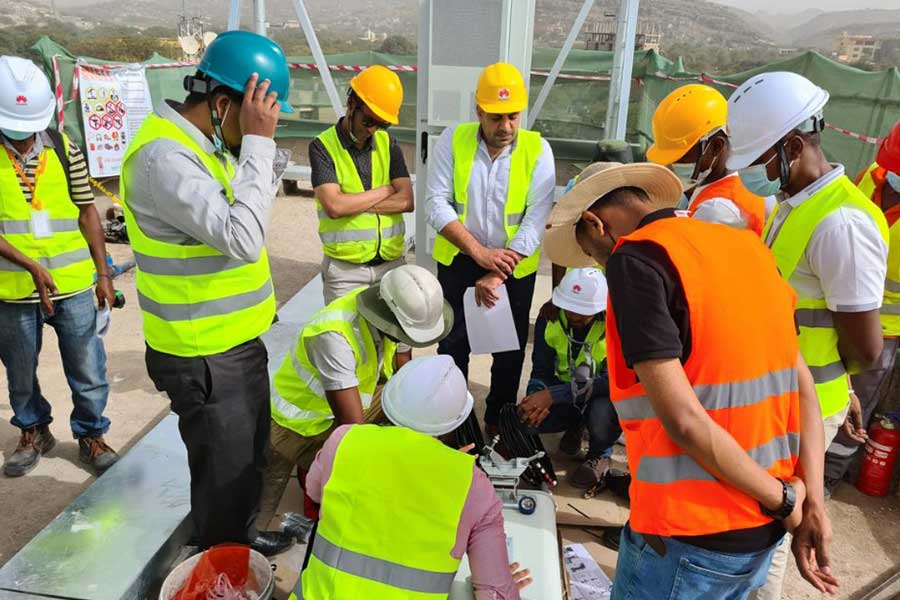
Fortune News | Mar 05,2022

Radar | May 18,2019

Dec 22 , 2024 . By TIZITA SHEWAFERAW
Charged with transforming colossal state-owned enterprises into modern and competitiv...

Aug 18 , 2024 . By AKSAH ITALO
Although predictable Yonas Zerihun's job in the ride-hailing service is not immune to...

Jul 28 , 2024 . By TIZITA SHEWAFERAW
Unhabitual, perhaps too many, Samuel Gebreyohannes, 38, used to occasionally enjoy a couple of beers at breakfast. However, he recently swit...

Jul 13 , 2024 . By AKSAH ITALO
Investors who rely on tractors, trucks, and field vehicles for commuting, transporting commodities, and f...

Oct 25 , 2025
The regulatory machinery is on overdrive. In only two years, no fewer than 35 new pro...

Oct 18 , 2025
The political establishment, notably the ruling party and its top brass, has become p...

Oct 11 , 2025
Ladislas Farago, a roving Associated Press (AP) correspondent, arrived in Ethiopia in...

Oct 4 , 2025
Eyob Tekalegn (PhD) had been in the Governor's chair for only weeks when, on Septembe...